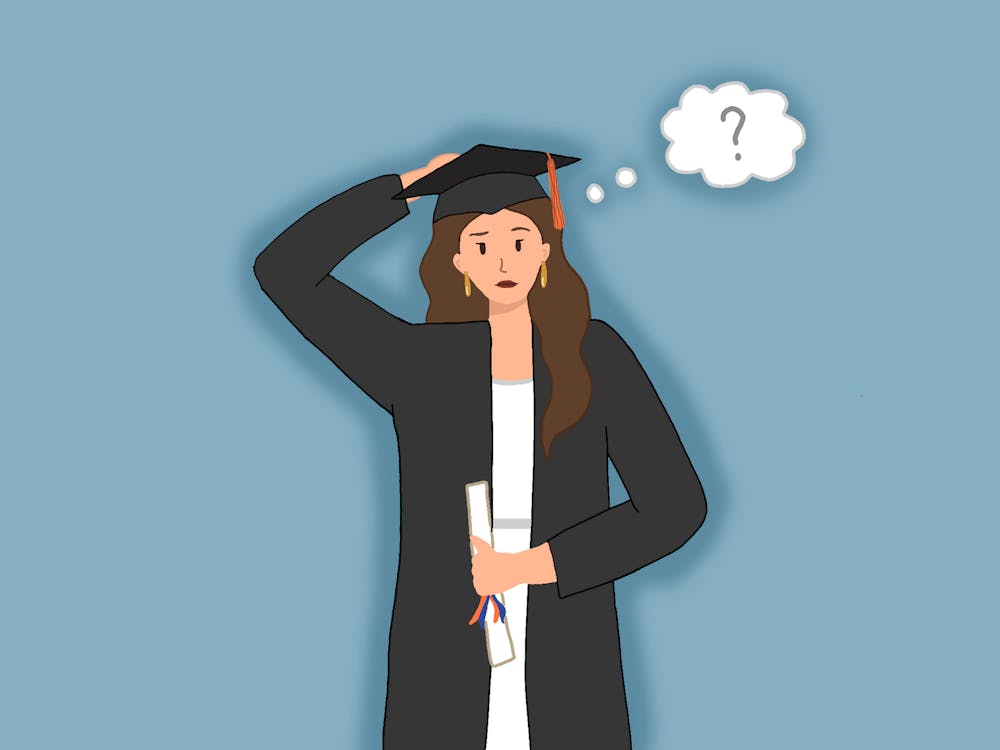President Obama’s recent State of the Union address conveyed a sense of optimism in America. “Today in America,” he began, “a teacher spent extra time with a student who needed it…an entrepreneur flipped on the lights…and a farmer prepared for the spring.” The audience applauded in approval as President Obama went on to suggest that these idealistic pictures are, in fact, accurate representations of America in 2014. “America’s graduation rate,” President Obama announced, “is at its highest level in more than three decades.” The entrepreneur represents “the more than 8 million new jobs our businesses have created over the past four years.” And the farmer preparing for spring is a reminder that America just experienced “the strongest five-year stretch of farm exports in our history.”
Is this sort of “morning in America” optimism justified? After all, a late 2013 poll found that 79 percent of American adults believe it was better to have been a child when they were young. And we as Americans have very little trust in our elected representatives — Congress’ approval rating has begun 2014 at a whopping 13 percent.
In many ways, the optimism is premature. But I would argue that from a domestic viewpoint (this column will not attempt to deal with our frustratingly complex foreign policy), the United States is at its strongest since the start of the Obama presidency.
The economy, according to a recent New York Times article, is “finally showing some momentum.” Unemployment is down to just 6.7 percent, compared to the high mark of 10 percent near the outset of Obama’s presidency. And in a surprising turn, the last six months of 2013 saw the strongest second-half performance in a decade, spurred on by a rise in consumer spending.
American education also seems to be performing well. As mentioned above, high school graduation rates are at their highest in three decades. And early education, too, finally seems to be getting its due. Obama heartily endorsed widespread pre-K programs in his State of the Union, committing himself to creating “a coalition of elected officials, business leaders, and philanthropists willing to help more kids access the high-quality pre-K they need.” Assuming that President Obama will follow through on his promise, and that states, in a manner similar to New Jersey, will follow suit in expanding this vital educational stage, education in America is also looking up.
There is more good news: According to Obama, America has reduced its dependence on foreign oil, has began adding manufacturing jobs for the first time since the 1990s and has reclaimed its position—from China, nonetheless—as the number one ranked country to invest in the world.
But this optimism must be cautious, for the United States still faces several long-term structural problems which threaten its future progress and which must be addressed before the success Obama alluded to in his speech can be fully realized. Unemployment, for instance, remains well above the 4.9 percent rate that President George W. Bush saw in the 5th year of his presidency. And the federal debt remains an issue. While Obama did mention that he has begun to cut yearly deficits — which were somewhat inflated due to automatic spending kicked in by the recession — the United States continues to dole out benefits at an unsustainable rate. Entitlement reform remains a long-term project, and increasingly, it appears that Obama is reluctant to touch this project in the remainder of his term.
The short-term political cycles are also wrought with danger. Every debt ceiling increase vote in Congress — the next one will occur later this month — invites another round of crippling political standoff between Republicans and Democrats with the potential to bring the economy to its knees, as it did during the 16 day federal government shutdown last fall. Partisan rancor has seeped into portions of government unaccustomed to political fighting. Routine appointments are held up in the name of partisanship, threatening the workings of the government that are vital to the overall workings of the country. Consistently, both parties have played a role in this gridlock, choosing staunch partisanship over cooperation and compromise.
In many ways, President Obama is correct in indicating that Americans do have reason to be optimistic as we stumble into 2014. But that optimism, and the excitement about imminent legislation regarding universal pre-K and immigration reform, among other topics, should be tempered by the thought that the unemployment is higher than it should be, that partisan bickering has the ability to bring the economy to the brink of collapse and crucially, that the United States spends money at an unsustainable rate. Optimistic we should be. But we should be cautious as well.
John Connolly is an Opinion columnist for The Cavalier Daily. His columns run Thursdays.






